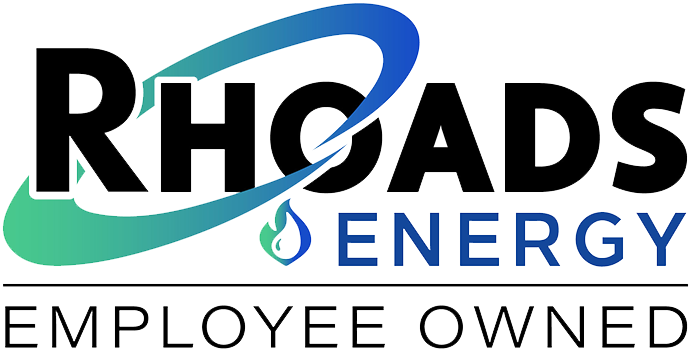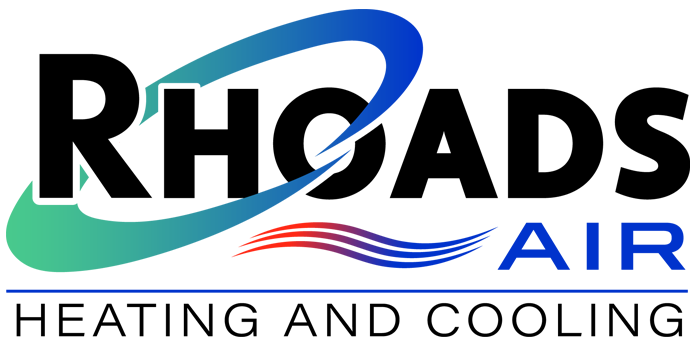Want to save up to 75% on bus fueling costs?
Rhoads Energy, which serves several mid-state counties, helps districts in our area navigate the transition from diesel fuel to propane-powered school buses. We believe every school district in our region should have all the facts at their fingertips as they make the transportation decision that affects their budgets, taxpayer families, and most importantly, students. The conversion of school bus fleets from diesel fuel to Propane Autogas is proving to be a smart decision for school districts across the country and in our region.
Why Are Schools Choosing Propane for Their Bus Fleets?
Watch to see how Rhoads Energy helped Hempfield School District transition to propane.
Quick Facts About Propane-Powered Buses
- The conversion of school bus fleets from diesel fuel to Propane Autogas is proving to be a smart decision for local school districts. Here are a few reasons why:
- Cost Savings for Taxpayers: Propane currently costs half as much as diesel, which could save districts millions of dollars in just a few years. In addition, school districts that use Propane Autogas may be eligible for state and federal tax credits.
- Safety: A Propane Autogas-powered bus is equipped with an automatic shut-off feature that prevents fuel flow to the engine when it’s not running. The fuel tanks are 20 times more puncture resistant than gasoline tanks. The fuel itself is not a groundwater contaminant, because it does not pool or spill.
- Environmental Impact: Switching to Propane Autogas eliminates an estimated 80% of smog-producing, carcinogenic hydrocarbon emissions compared to diesel engines. This reduction is important to both the students who ride the buses and the neighborhoods in which students live. Additional emission reductions compared to diesel include: 60 percent reduction in nitrogen oxide emissions, 80 percent fewer smog-producing hydrocarbon, and 100 percent reduction in particulate matter.
- Reliability: Propane Autogas-powered buses start without issue in cold weather and take significantly less time to warm up overall. Propane also requires no additive or treatments to prevent fuel from gelling in the winter like diesel fuel, which translates to time and cost savings.
- Quieter operation: Compared with diesel buses, Propane Autogas buses are 50% quieter when operating, making it easier for drivers to pay better attention to passengers and the road. Put yourself in the driver’s seat and hear the difference between diesel and propane buses here.
Video Resources
Total Cost of Ownership
Learn more about the factors that lower total cost of ownership when school districts choose propane for their bus fleets.
Maintenance Costs: Propane vs. Diesel Buses
Propane Autogas engines burn cleaner, are not subject to emissions filters required for diesel engines, and require less oil by volume than diesel engines. The average oil change on a Propane Autogas bus costs 70% less than on a diesel bus.
Contact Us
If you have questions or want to learn more about how much your district can save by switching from diesel to Propane Autogas, please contact us.

